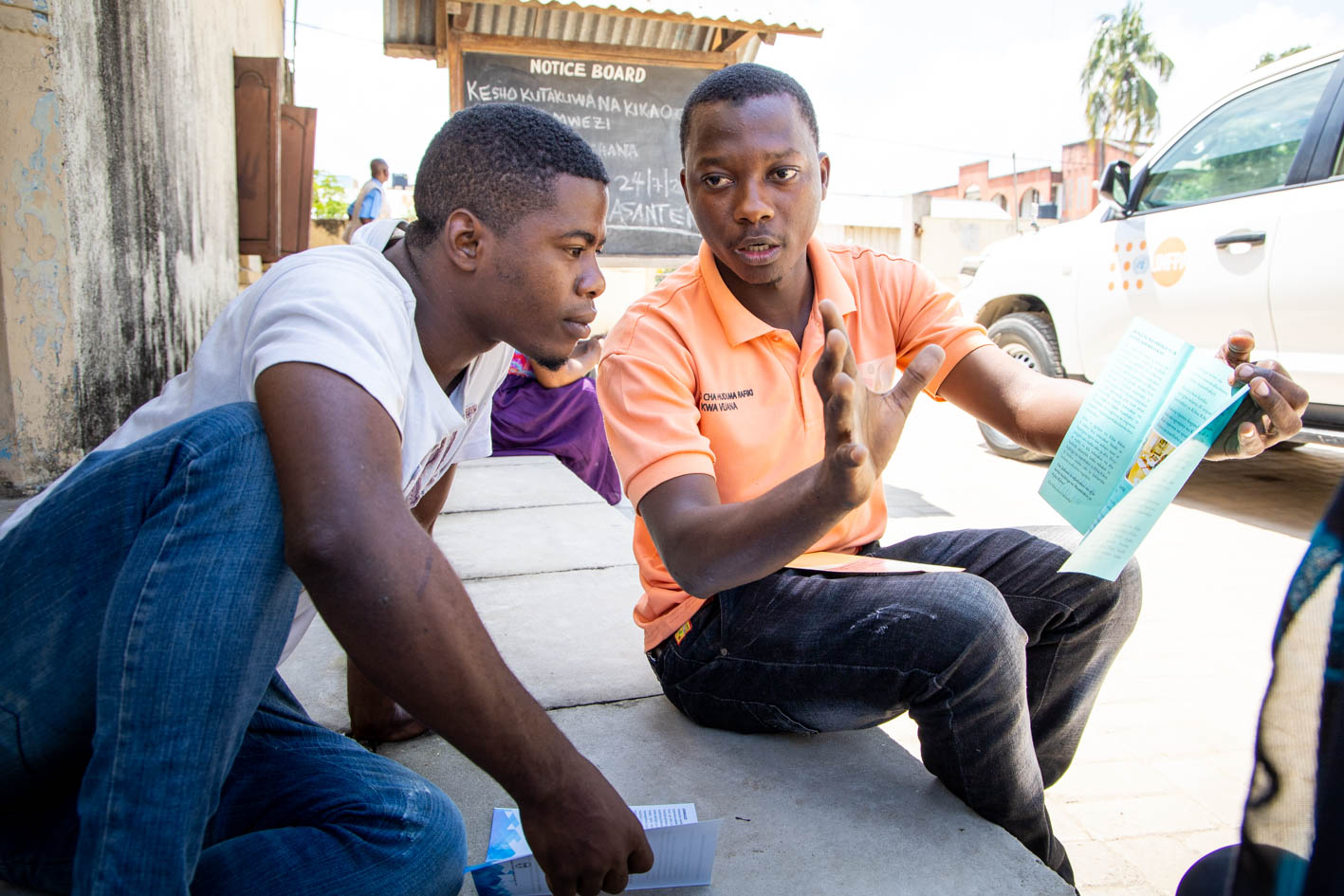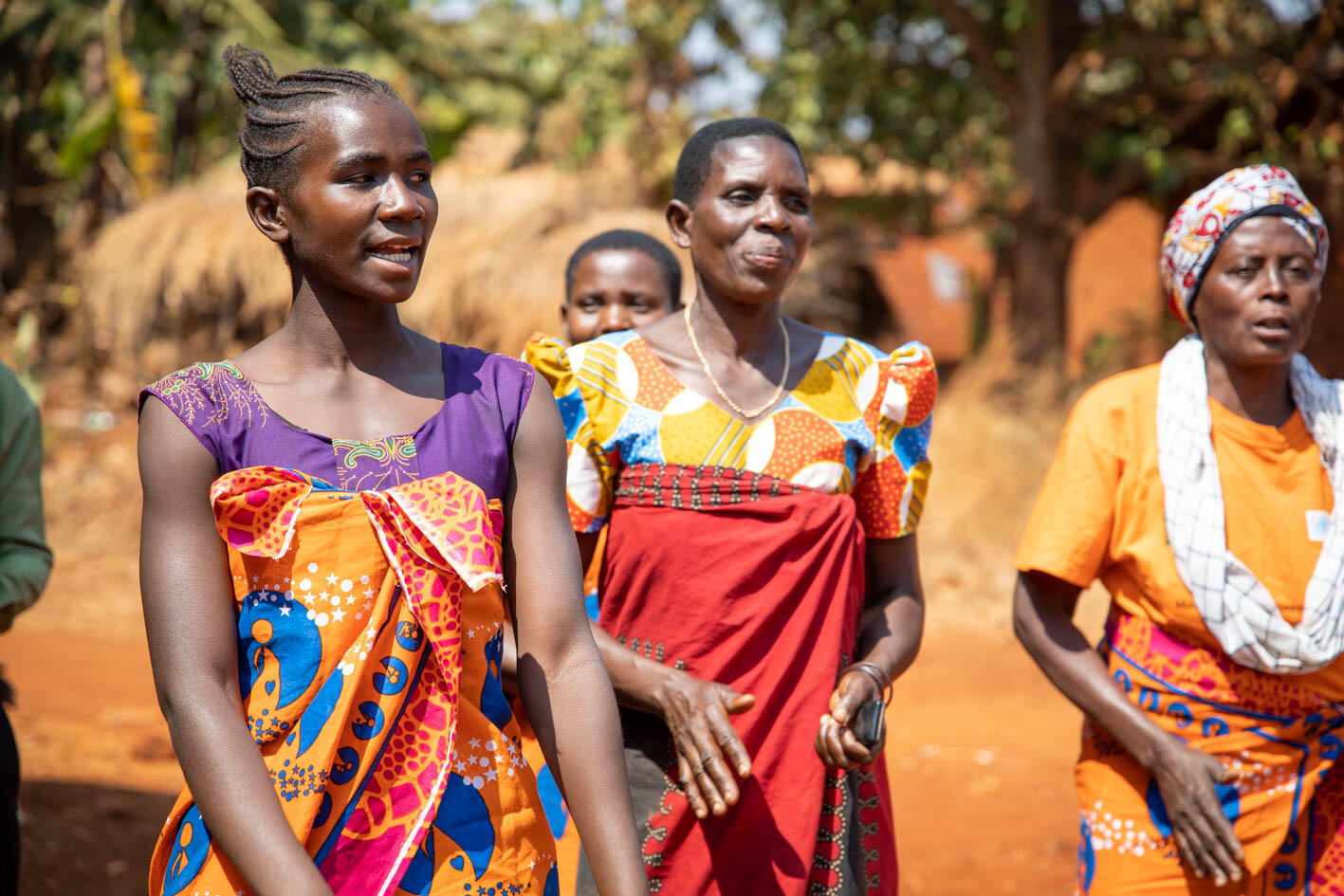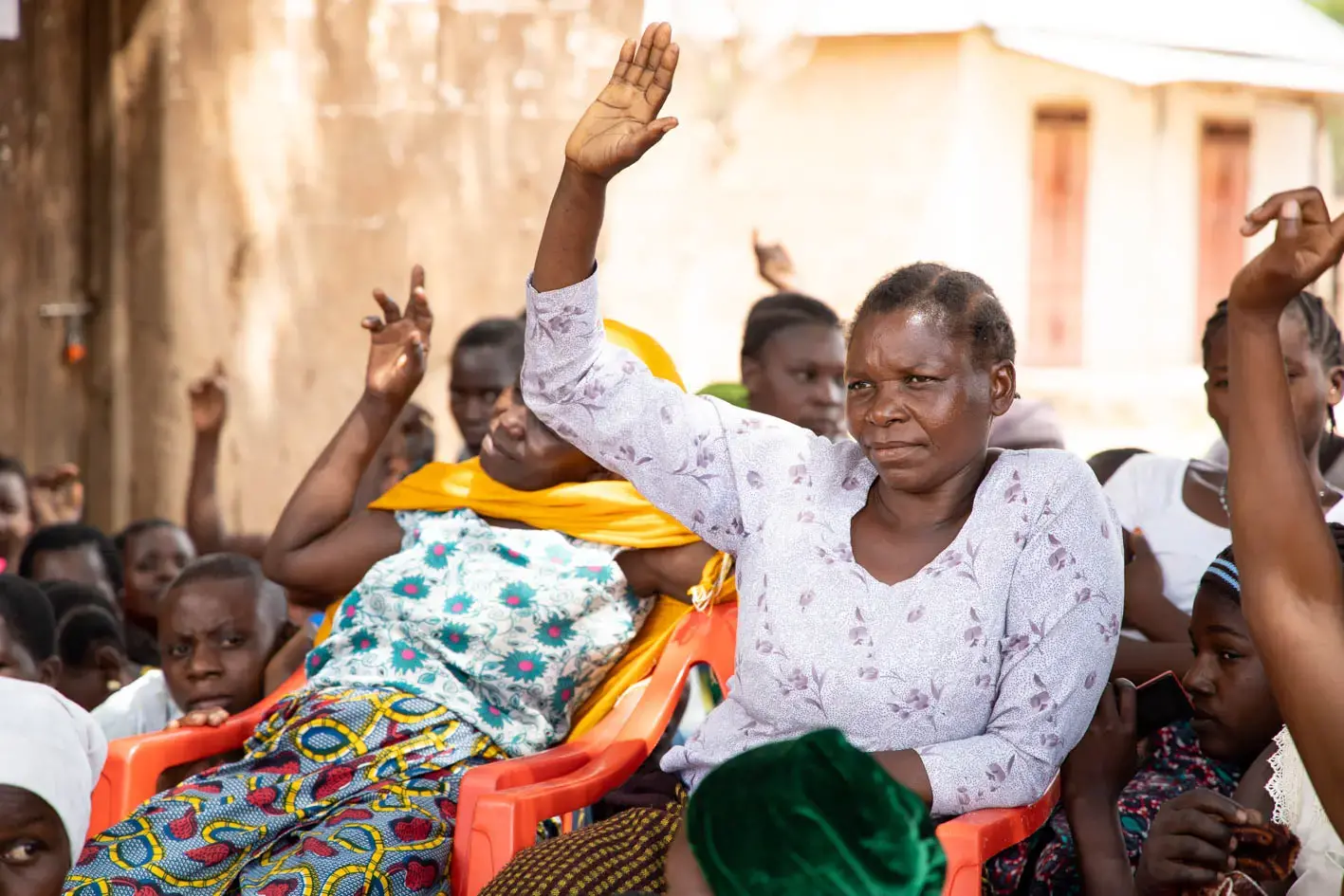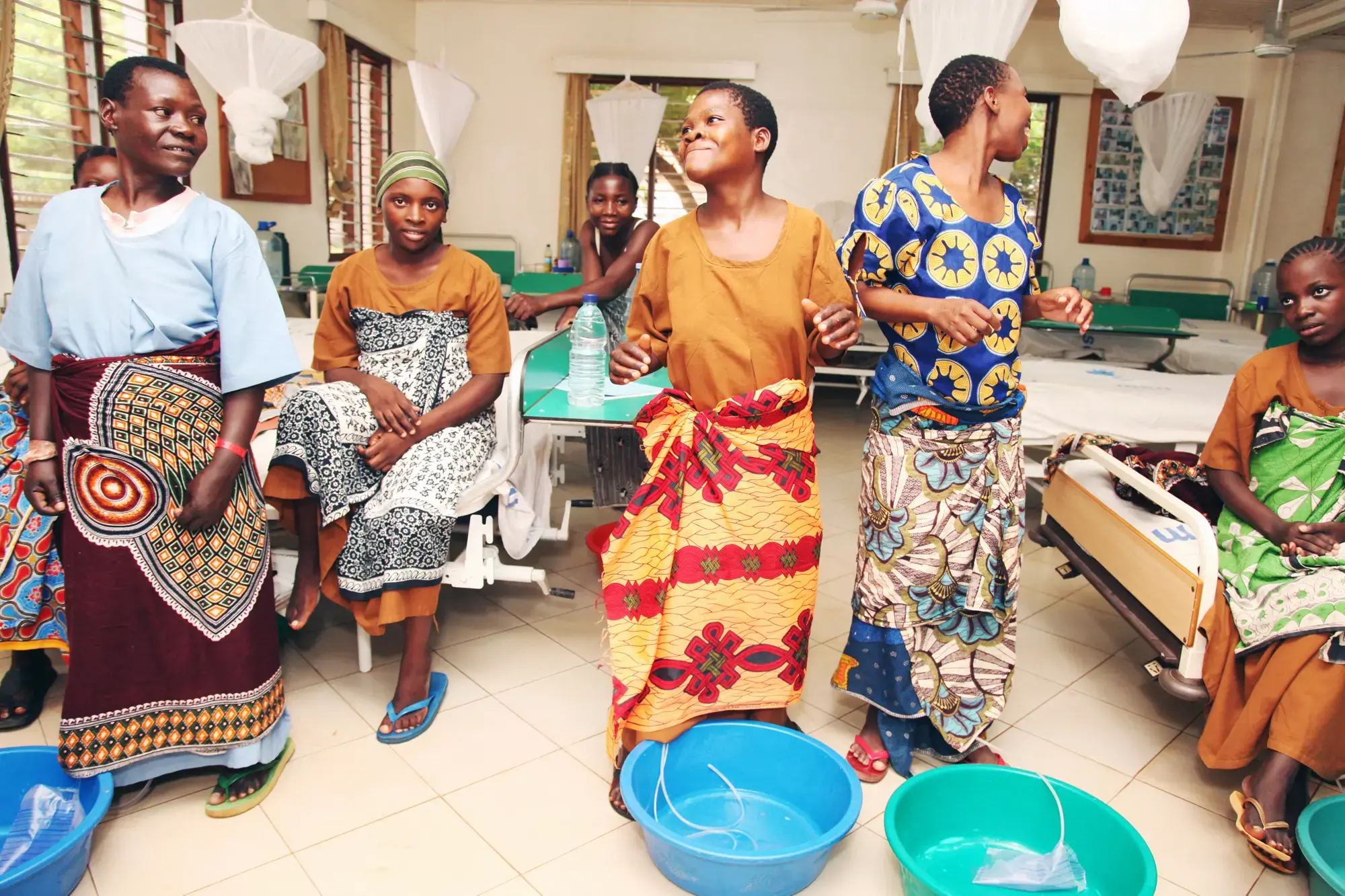“Women with fistula have a life of misery. They are stigmatized and isolated in their community,” says Magreth Lazaro, a nurse-midwife on the labour ward at Malampaka Health Centre in Simiyu Region, Tanzania.
Magreth knows women in her community who live with obstetric fistula, the devastating yet preventable childbirth injury that can occur from prolonged and obstructed labour, which leaves women with a hole – or fistula in medical terms – in the birth canal causing uncontrollable leakage of urine and/or faeces or both. She remembers a young woman, married at 15 and pregnant at 16, who came to the health facility when she suffered complications during childbirth. “It was too late”, says Magreth. “She suffered a fistula, but she suffered far more than the injury itself. Her husband immediately divorced her, leaving her alone to bring up their child.”
The physical and psychological impacts of fistula, however, are not the only tragedy. There is a strong association between fistula and stillbirths, with research indicating that approximately 90 percent of women who develop obstetric fistula end up delivering a stillborn baby. This is something Magreth has witnessed. “Almost all women who sustain a fistula deliver a dead baby. They are traumatized physically for the injury and psychologically for the loss of their newborn. It shatters their lives.”
Almost all women who sustain a fistula deliver a dead baby. They are traumatized physically for the injury and psychologically for the loss of their newborn. It shatters their lives.
Prevention is key
Obstetric fistula has been virtually eliminated in industrialized countries and today occurs mostly among the poorest and most marginalized women and girls who lack access to quality health services and education. Gender and socioeconomic inequalities, harmful practices including female genital mutilation, child marriage and adolescent pregnancy, and women’s and girls’ inability to uphold their rights are all contributing factors.

Prevention is the key to ending fistula. Skilled care at birth, providing timely and high-quality emergency obstetric care for all women and girls who develop complications and ensuring that women and young people can access comprehensive sexual and reproductive health services and information, including voluntary family planning, could significantly reduce maternal disability and death.
UNFPA’s response in Tanzania
Efforts to end fistula continue in Tanzania. UNFPA, under the leadership of the Government of the United Republic of Tanzania, is supporting investments in infrastructure, equipment and human resources to expand women and young peoples' access to quality, timely and comprehensive sexual and reproductive health services and information, including emergency and newborn care. Since 2018 alone, 55 health facilities and 16 youth-friendly corners have been renovated. Extensive outreach through partners also continues to engage traditional and faith leaders and men and boys to promote their understanding of and support for women and girls’ rights and gender equality.

Improved care is saving lives
Malampaka Health Centre in Simiyu Region, where Magreth has worked as a nurse-midwife for 10 years, is one such UNFPA-supported renovated facility. Magreth says the improvements in the quality of care before and after the renovations are plain for everyone to see – deliveries have increased and there have been no maternal deaths for the past two years. Staff have also received training in basic emergency obstetric and newborn care (BEmONC) and in the use of the new medical equipment, and constantly receive on-the-job mentorship from district mentors recruited by UNFPA. In spite of staff shortages and the daily workload, Magreth proudly says that she is confident of the current skill level at the facility and that they are saving lives and preventing maternal injuries like fistula – something she says they just simply couldn’t have done before.
Today is International Day to End Obstetric Fistula, marked as the deadline for the Sustainable Development Goals (SDGs) and the promise to achieve gender equality for all women and girls inches ever closer – a promise that stands and falls with empowering and guaranteeing the rights of those who are furthest behind, including women and girls living with fistula.
UNFPA will continue to support efforts in Tanzania to accelerate progress towards its vision of ending the unmet need for family planning, ending preventable maternal deaths and ending gender-based violence and harmful practices by 2030, in line with the SDGs, and ensure that progress made in securing the rights, dignity, health and well-being of women and young people is shared by everyone, with a focus on vulnerable and underserved populations, so that a fistula-free generation becomes a reality in Tanzania – and around the world.





